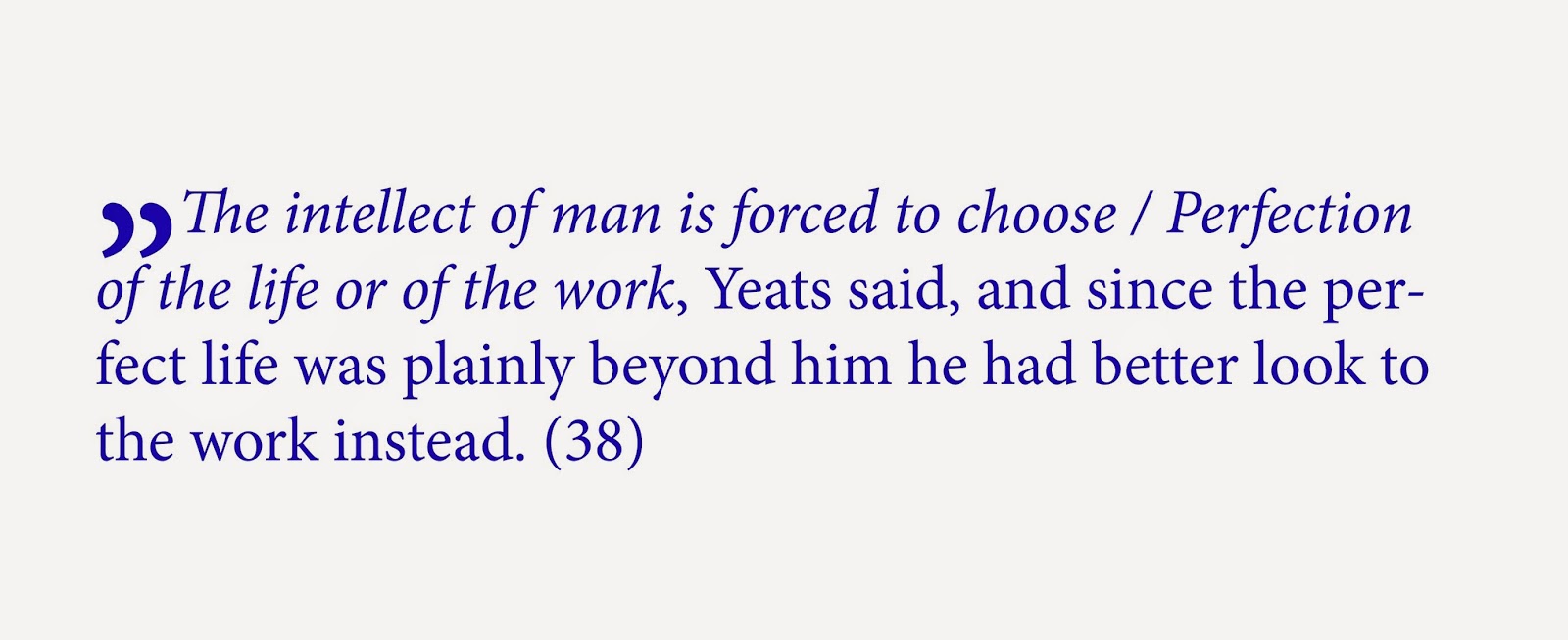FREE JOSEPH ANTON. SALMAN RUSHDIE'S MEMOIR.
It is rare to read a book and the book speaks to something that’s inside you, you didn’t even know existed.
Salman Rushdie’s autobiography “Joseph Anton”, whose name is derived from his fake name the police protection officers called him all these years he hid under the threat of the Ayatollah Khomeini’s fatwa because of his book "The Satanic Verses", is not only a very detailed and candid account of his life, but also sparks the reader’s enthusiasm to fight for free speech in whatever form it will present itself.
It’s also a very captivating account of how one of the most brilliant authors I know became the author he is known for. There was struggle, writer’s block, and stories that transformed themselves into something completely different and the constant longing for his India whose government had forbidden him during the fatwa years to return to the country of his birth.
While reading I could find myself in many of Rushdie’s sentences, of his realizations about writing, authorship and the unconditional trust in one’s stories.
On concentrating on being and becoming a writer:
On how he became the writer he would become:
On finishing a book:
On exile and writing about the country one is not allowed to see nonetheless:
On the problems that ail the world, of fear and repression:
Practical advice on writing:
And finally, by the end of the book, he writes a passage on the importance of literature. On why it is essential to fight for the freedom of speech, to stand threats down, to live and die for the written word:









Kommentare
Kommentar veröffentlichen